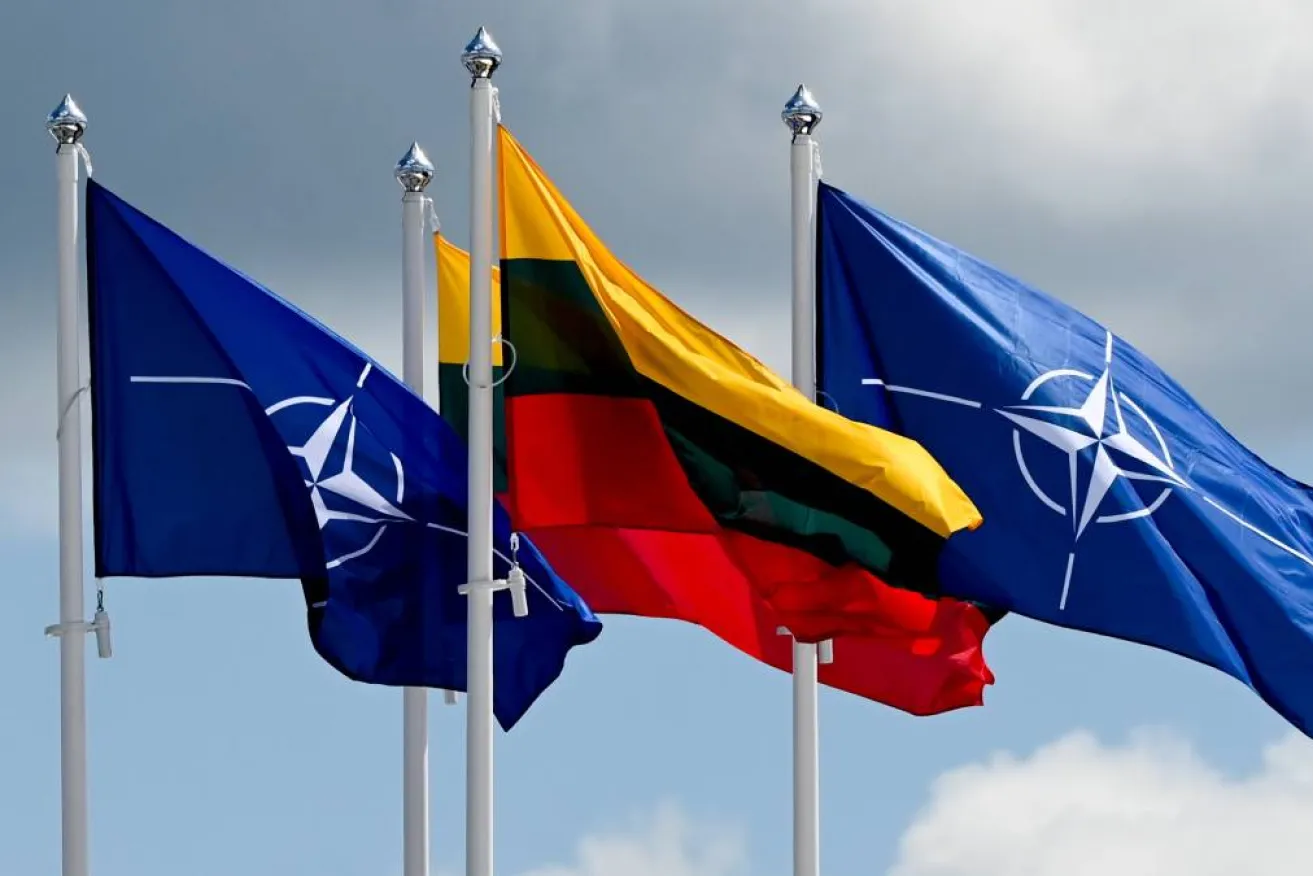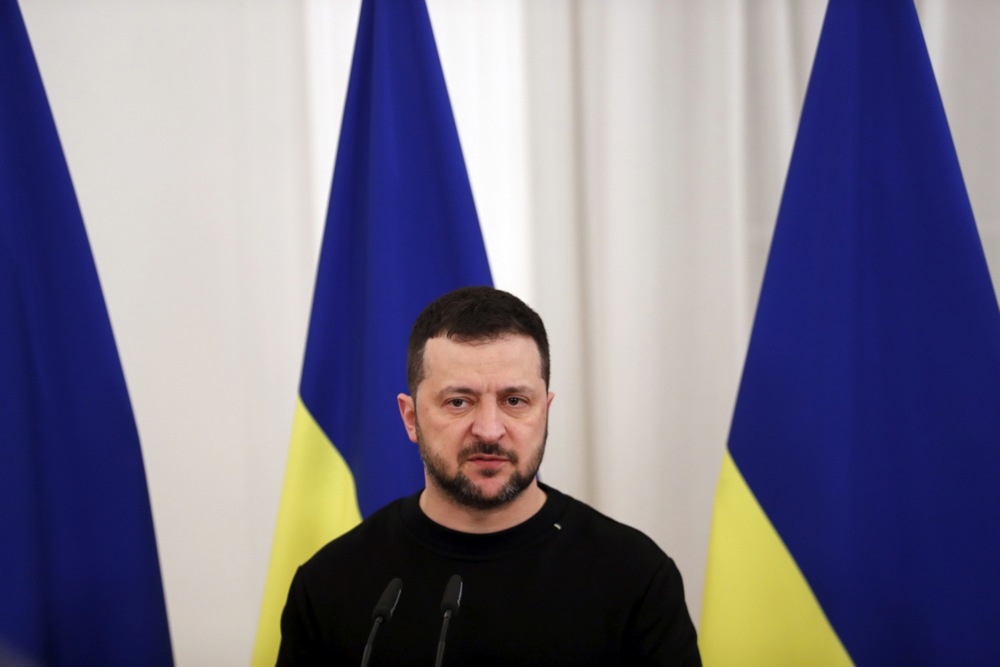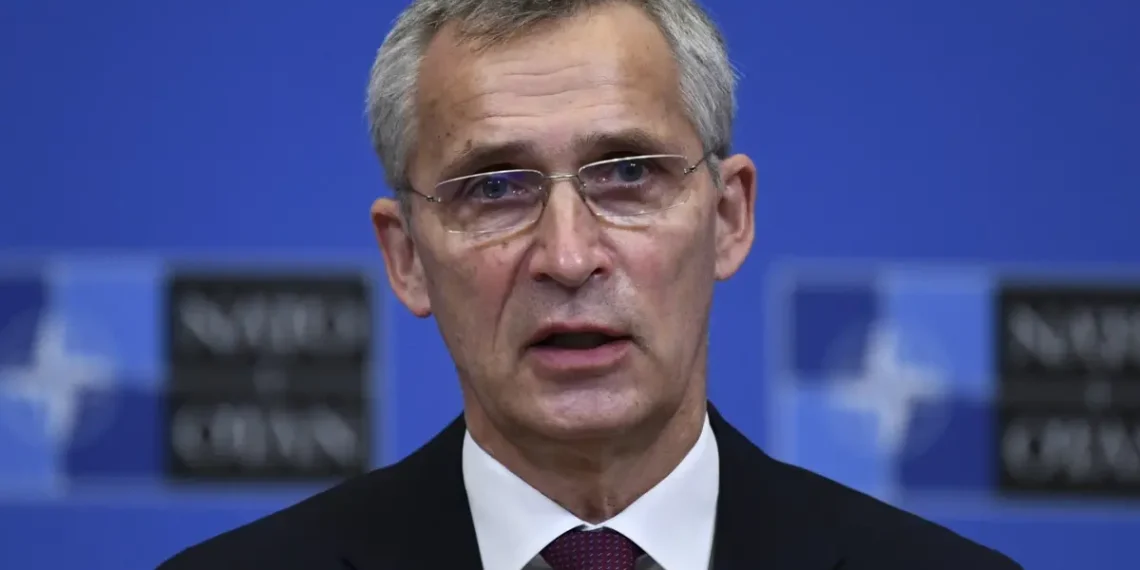NATO foreign ministers convened to discuss establishing lasting military support for Ukraine, proposing a 100 billion euro fund over five years and measures to safeguard aid from potential disruptions, aiming to render assistance “Trump-proof.”
These plans, formulated by NATO Secretary General Jens Stoltenberg, seek to centralize coordination of arms, ammunition, and equipment supply to Ukraine as it combats Russia’s invasion.
The Brussels meeting, marking NATO’s 75th anniversary and laying the groundwork for a Washington summit in July, signifies European allies’ commitment to bolstering Kyiv‘s war efforts amidst a stalled $60 billion aid package in the U.S. Congress.

NATO’s potential assumption of coordination from the U.S.-led Ramstein group reflects efforts to mitigate risks of diminished American support, particularly amid concerns about a return to power by Donald Trump.
While NATO traditionally focused on non-lethal aid to avoid escalating tensions with Russia, there’s a growing consensus within the alliance to establish a sustainable framework for military assistance, considering NATO’s optimal position to do so.
Despite Russian President Vladimir Putin‘s warnings against NATO’s actions, such as providing advanced weaponry, retaliatory measures have not been taken against member states.
U.S. Secretary of State Antony Blinken underscored NATO’s exploration of measures facilitating Ukraine’s eventual alliance membership, emphasizing the need for a transitional period.
However, NATO declined detailed comment on Stoltenberg’s proposals, stating ministers would deliberate on the best means to fortify Ukraine’s support, aiming for potency, predictability, and longevity.

Diplomats cautioned that discussions remained preliminary, uncertain if the proposed 100 billion euro figure would gain consensus or how financing would be arranged, as NATO decisions necessitate unanimity among its 32 members.
The meeting coincides with NATO’s quest for a successor to Stoltenberg, with Dutch Prime Minister Mark Rutte enjoying broad support, except Hungary, amidst opposition over his critique of Viktor Orban’s government, and a late challenge from Romanian President Klaus Iohannis.
Diplomats anticipated Rutte’s eventual appointment, though selecting his successor may require further deliberation beyond the Brussels meeting.


















